© 2023 AIRINC Associates for International Research, Inc.
As today’s workforce becomes increasingly global, the role of HR professionals becomes increasingly complex. We created AIRShare to share informative, anecdotal, and advisory content intended to help you support a mobile workforce.





